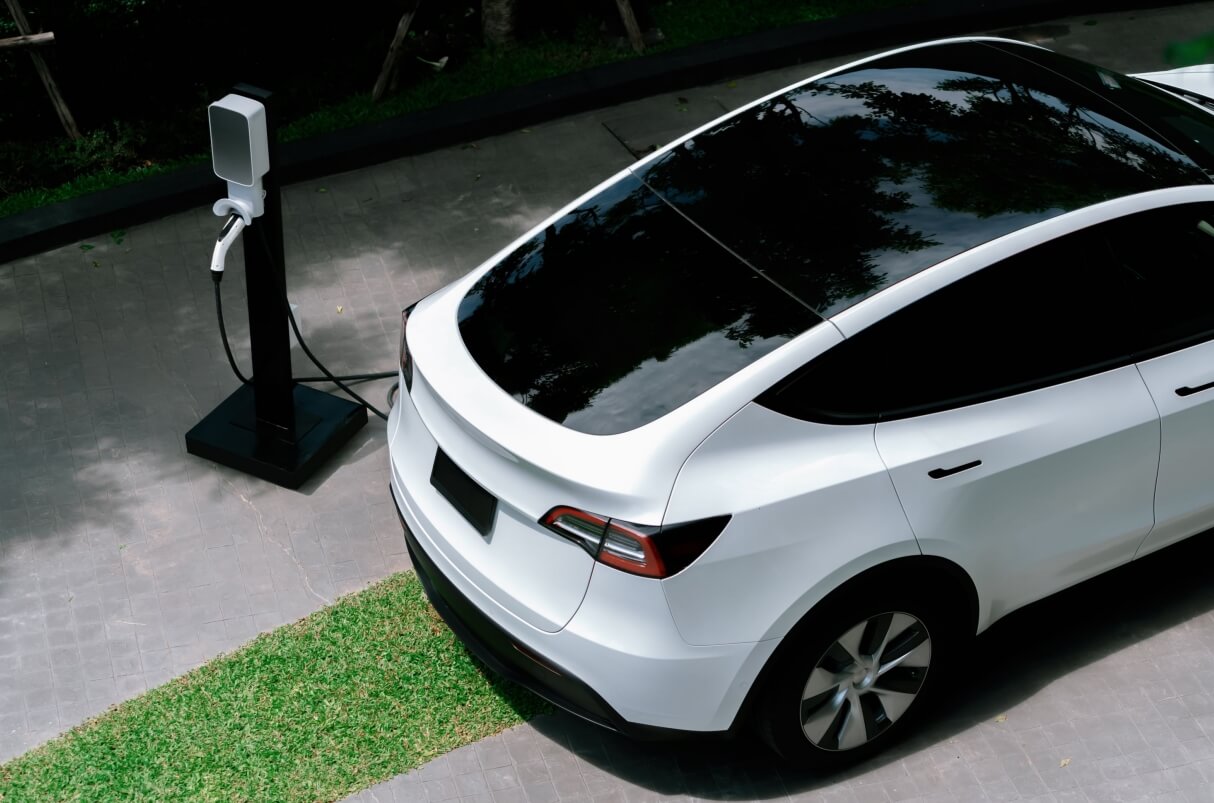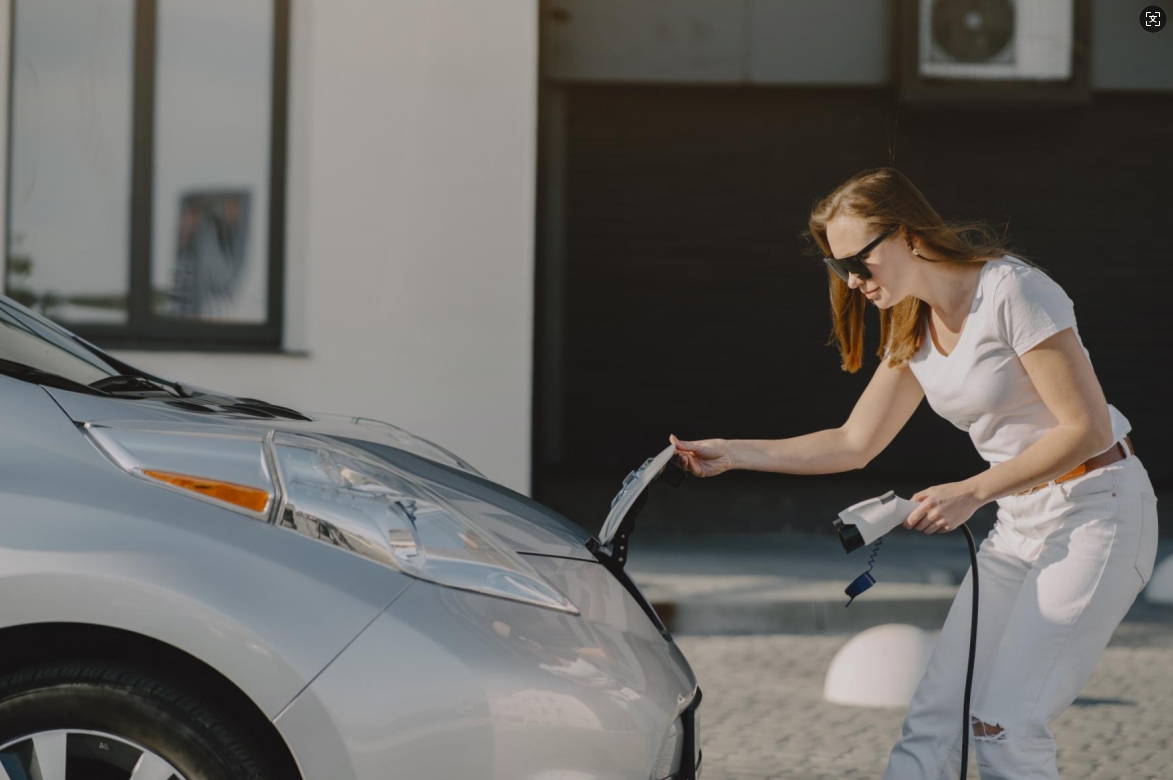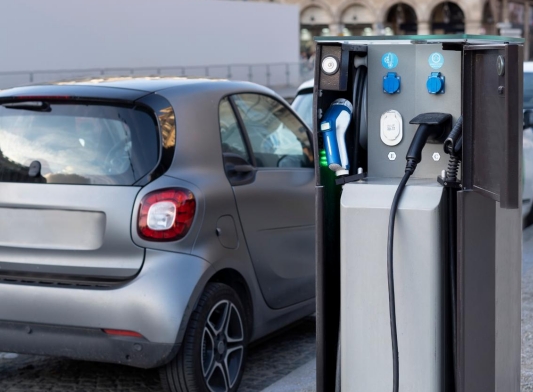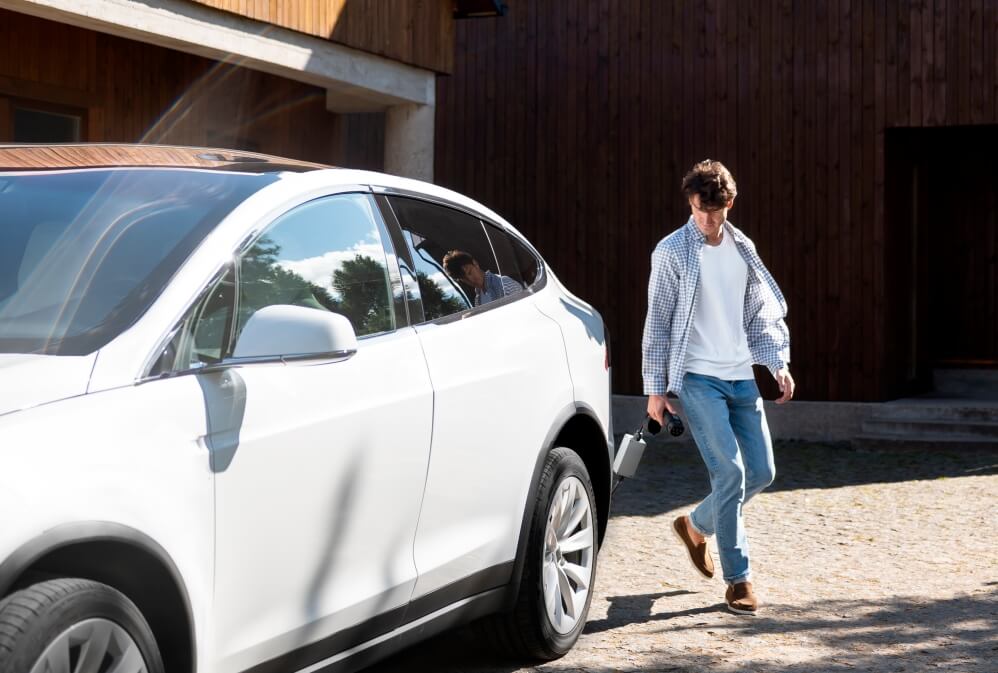Are Teslas Reliable? Examining the Pros and Cons
Tesla has revolutionized the electric vehicle (EV) market with cutting-edge technology, impressive performance, and sleek designs. However, when it comes to reliability—a key factor for car buyers—opinions are divided. Let’s examine how reliable Teslas really are based on industry reports, owner experiences, and common issues.

Tesla’s Reliability Ratings
Several automotive research firms have evaluated Tesla’s reliability, with mixed results:
- Consumer Reports (2023): Tesla ranked 14th out of 30 car brands, placing it in the middle of the pack. The Model 3 and Model Y showed average reliability, while the Model S and Model X were rated below average due to more frequent issues.
- J.D. Power (2023 Vehicle Dependability Study): Tesla scored below the industry average, with owners reporting problems related to build quality, electronics, and software glitches.
- What Car? Reliability Survey (2023): The Tesla Model 3 was ranked among the most reliable EVs, outperforming many competitors.
Common Tesla Reliability Issues
While Tesla excels in battery life and software, some recurring problems affect its reliability scores:
1. Build Quality & Panel Gaps – Early models (especially from Fremont production) often had misaligned panels, paint defects, and inconsistent trim fitment. Recent models show improvement, but some issues persist.
2. Software Bugs & Glitches – Tesla’s touchscreen-centric design sometimes leads to infotainment crashes, unresponsive controls, or phantom braking in Autopilot.
3. Battery & Charging Issues – While Tesla batteries are long-lasting, some owners report degradation over time or charging malfunctions.
4. Suspension & Steering Problems – Some Model S and X owners have reported premature wear in suspension components.
What Tesla Does Well
Despite these concerns, Tesla has strengths that boost its reputation:
✔ Over-the-Air Updates – Unlike traditional cars, Teslas receive software improvements remotely, fixing bugs and adding features without a dealership visit.
✔ Strong Battery Longevity – Most Tesla batteries retain 80-90% capacity after 200,000 miles, outperforming many rivals.
✔ Lower Maintenance Costs – With fewer moving parts than gas cars, Teslas require less routine maintenance (no oil changes, spark plugs, etc.).
Are Teslas Reliable Enough to Buy?
Tesla’s reliability is improving, but it still lags behind brands like Toyota or Lexus. If you prioritize innovation and performance over flawless build quality, a Tesla is a great choice. However, if you expect traditional luxury-car fit and finish, you may be disappointed.
For the best ownership experience:
- Buy a newer model (2022 or later) for improved build quality.
- Check for common issues before delivery (panel gaps, software bugs).
- Consider extended warranty coverage for long-term peace of mind.
Final Verdict
Teslas are decently reliable but not flawless. Their technology and performance make them appealing, but buyers should be aware of potential quality control issues. As Tesla continues refining production, its reliability will likely keep improving.
Last Updated on May 19, 2025 by tayniu



